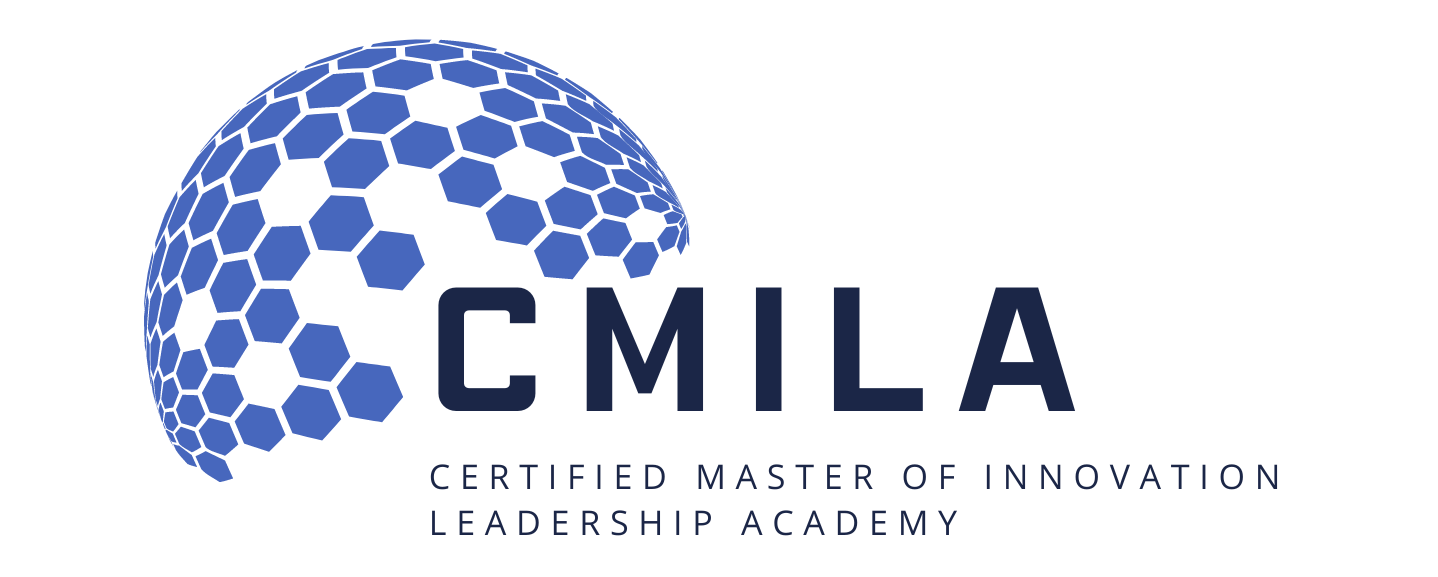Certified Technology Foresight Analyst (CTFA)
The Certified Technology Foresight Analyst (CTFA) Certification Course by Tonex is designed for professionals seeking to enhance their strategic planning skills in the rapidly evolving technology landscape. This comprehensive course equips participants with the knowledge and tools necessary to navigate and anticipate technological advancements, enabling them to make informed decisions that drive organizational success.
Learning Objectives:
- Understand the principles and methodologies of technology foresight.
- Develop proficiency in identifying emerging technologies and assessing their potential impact.
- Master the art of scenario planning and strategic foresight in a technology-driven context.
- Acquire skills in trend analysis and forecasting to guide decision-making.
- Learn to apply various tools and frameworks for conducting effective technology foresight analysis.
- Gain the ability to formulate actionable strategies based on anticipated technological developments.
Audience:
This course is tailored for professionals across industries, including technology leaders, strategic planners, innovation managers, and decision-makers keen on staying ahead of technological trends. It is suitable for individuals seeking to enhance their foresight capabilities and contribute to their organization’s long-term success.
Course Outline:
